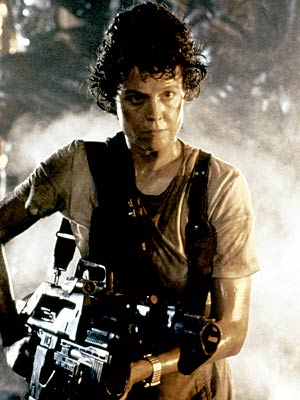That's true indeed. Opera characters don't bleed when they die in character onstage: sound waves gush out of their mouths instead.Opera is when a guy gets stabbed in the back and, instead of bleeding, he sings.
To me, however, opera isn't really symbolized by the guy who gets shot and sings instead of bleeding. Instead, opera to me is the fat, or possibly not so fat, lady who sings. And after she has sung, her character lies dead on stage, and the opera is over.
It ain't over till the fat lady sings. But when she has sung she is good and dead, and the whole shebang is over. The picture is from the Simpsons episode, Bart the Genius.
Opera is basically a "death genre", because it is basically about the death of the main characters. Specifically, it is a "death of woman" genre, because it is usually about the death of the female lead. So when she has finished singing her "death aria", the performance is over.
There are more stories about men than about women. That is certainly true when it comes to big and expensive movie productions. And precisely because there are more stories about men than about women, the fact that the one woman-centered "big and expensive" genre also demands that the female lead character must normally die is something that troubles me.
Most movies are about men who triumph. Most operas are about women who die. Men's lives and triumphs are interesting, but women are usually not very interesting unless they die.
Whether she is innocent...
... or a real flirt... (this is from the rock-Latino-pop version of Bizet’s Carmen, Carmen Latina)...
...we want to see her (or them) die. Even if she (or they) don't sing. As in Thelma and Louise.
Hey, I know there are exceptions... unless Ellen Ripley, too, died in the end.
Ann




